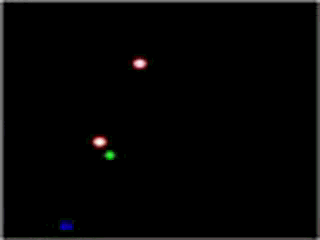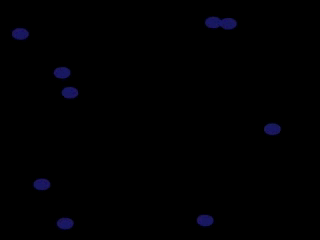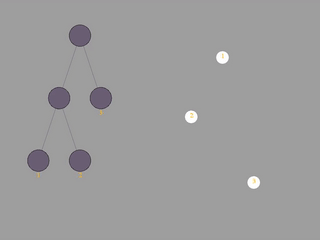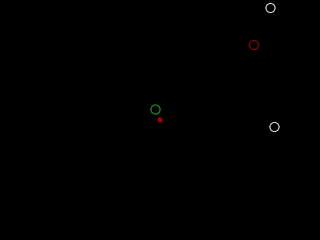Welcome to the Visual Intelligence Lab
We study both human and machine vision, with a focus on leveraging the strengths of human vision to inspire the next generation of artificial intelligence (AI) — a perspective we call strong cognition. We believe that human vision is remarkable, allowing humans to answer questions that are more insightful than the classic problem of detecting what and where. Many of the sophisticated mental concepts that make up human intelligence have their origins in vision, including intuitive theories of causality, physics, and agency. These theories grounded in vision are essential building blocks of human commonsense. Their commonsense nature can be understood from three perspectives: (a) they are commonly shared by humans (and many other animals), (b) knowledge afforded by a visual scene is commonly shared by all observers viewing that scene, and (c) rich visual scene understanding is not constrained to a particular task, but can be commonly applied to solve many tasks. As a result, visually-grounded commonsense forms the foundation for a wide range of intelligent human behavior, including planning, reasoning, problem solving, language, and even morality. Our lab’s goal is to build AI with human-like commonsense knowledge which — just by sharing the same visual environment — can understand, cooperate, and communicate with humans in intuitive, effective, and trustworthy ways.
News
[May 2021] Congratulations to Kaiwen, Steph, Lucy and their co-authors for having their papers accepted at ICRA 2021 Workshop Social Intelligence in Humans and Robots.
[April 2021] Congratulations to Ning, Lucy, Steph, Kaiwen, Shaozhe and their co-authors for their papers accepted by CogSci 2021.
[February 2021] Congratulations to lab undergraduate Minglu (Lucy) Zhao for being admitted in the statistics department as a PhD student. Lucy has been working in the lab since the beginning of her sophomore year. She is developing computational models of animal coordinated hunting. Her commitment to research and productivity has impressed many of her collaborators. We are very excited that she has chosen to continue her research at UCLA.
[February 2021] Congratulations to lab undergraduate Annya Dahmani for receiving the UCLA Life Sciences Dean's Award for Research. The Life Sciences department gives this award out to students who are conducting research and have demonstrated strong academic performance.
[January 2020] We are excited to welcome Kaiwen Jiang for joining the lab as a Ph.D student. Kaiwen studied psychology and statistics in Peking university and earned an MS in statistics from University of Michigan. He is interested in modeling human-inspired communications for decentralized multi-agent cooperation.
[December 2019] The lab receives a gift from GE research for supporting lab undergraduates in developing research projects of multi-agent cooperation.
[November 2019] The lab is awarded the Context Reasoning for Autonomous Teaming (CREATE) program from the Defense Advanced Research Projects Agency (DARPA).
[April 2019] Congratulations to PhD student Stephanie Stacy, who has been awarded the National Science Foundation Graduate Research Fellowship.
[October 2018] The lab is awarded the Visual Commonsense MURI grant from the Office of Naval Research.



